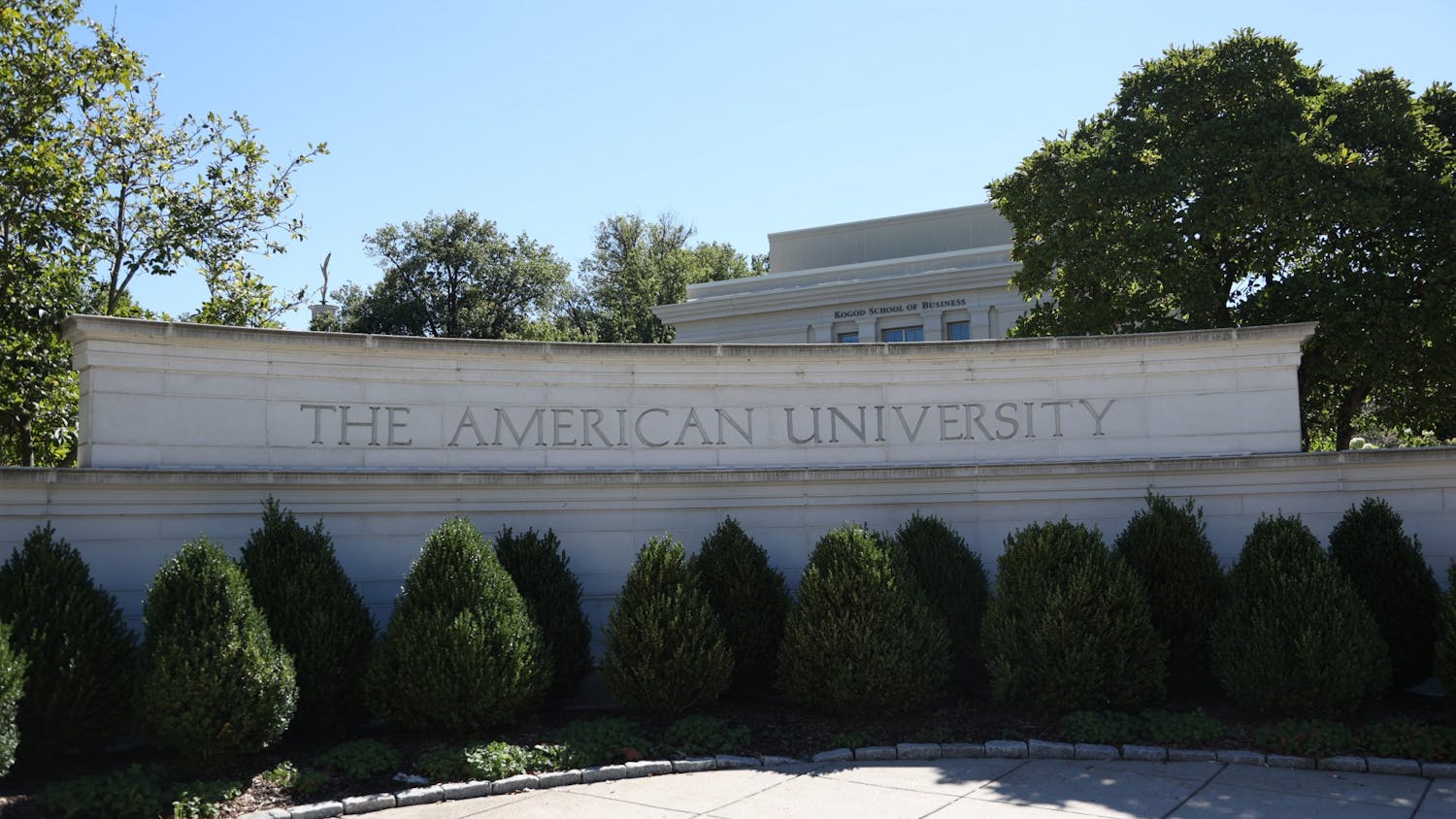Despite budget cuts in libraries across the nation, AU's Bender Library is still getting funding for their collections, according to University Librarian William Mayer.
"We have a prominent place in [AU's] budget planning," he said. "The university recognizes the critical value the library brings and wants to support it."
Even as libraries are growing in importance, with increasing usage and as a resource for job seekers during the economic crisis, other universities have needed to cut budgets, Mayer said.
Mayer is finding ways to increase library efficiency by automating the book acquisition process, moving more print journals, which are not being used as much, to storage to free up space, acquiring more electronic resources, and upgrading the wireless network to allow more people to use resources simultaneously.
More people have frequented AU's library in the past few years due to increases in the way people can connect, improved facilities, and the large class that entered the university this year.
"We're providing more ways for students to do more things than ever before," he said.
Last fall, reference services reached more than 15,000 people, Mayer said.
AU's library is unique in that it is open to the public, though due to a Federal Communications Commission legislation, they cannot provide Internet access to people outside of the AU community.
"It's a challenge for us to have open doors but closed networks," Mayer said.
The Tenley-Friendship Interim Library is also in no danger of shutting down, according to Anne Sheldon, the facility's children's librarian.
"It's a terrible time with the economy," she said. "In a general sort of way, everyone has their fingers crossed, but we certainly feel like we're a fixture here."
The Tenley-Friendship library, close to AU's campus, has increased its collections and circulation since it opened two years ago. The Tenley library, along with four others in D.C., is a temporary shelter for newer collections until the larger community library is rebuilt. Many community members have been coming to progress meetings for the new library, according to Sheldon.
"It was just very striking how much people cared," she said.
Although she did not know the exact status of the new library, Sheldon said that she hoped it would be open by 2010.
Although some college-aged students frequent the library, it is especially popular with children and families. It would be interesting to hear from college students if there were any services the library is lacking for their demographic, she said.
Although there is not a lot of space for students to work inside the small library, Sheldon said they welcomed students and offered services they might find useful. Library members can check out up to 10 DVDs of popular movies and TV shows at a time and can keep them for three weeks.
"It's a step up from Netflix," she said.
The public library also offers many CDs and graphic novels that may not be available at a university library, she said. The D.C. libraries also offer free online tutors for students up to introductory college level at www.dclibrary.org.
Despite the availability of information online, many teachers still require students to use reference books.
"I would be surprised to find that DVD and book circulation are about the same," Sheldon said.
Members can also download books, music, and videos online from the library's Web site. The library's computers are usually full. Sheldon said she was surprised to find how many people, especially elderly people, do not have a computer at home.
Carlos Munoz Burgos, a junior in the School of International Service, said she checks out books from the Loudoun County, Va., public library when a book he needs for class is not available at AU.
"[AU's] library is more complete, of course, but sometimes the books are checked out," he said.
Also, there are no late fees at the Loudoun County library, Burgos said.
Luke Marshall, a second-year graduate student in the School of Communication, said he turns to libraries for extra-curricular materials because they are cheaper than buying books at Borders or paying for a Netflix account.
"Since this economic crisis, my hours have been cut back significantly at work," he said. "Therefore, I am much more likely to go to the library than buy a new book."
You can reach this staff writer at news@theeagleonline.com.




